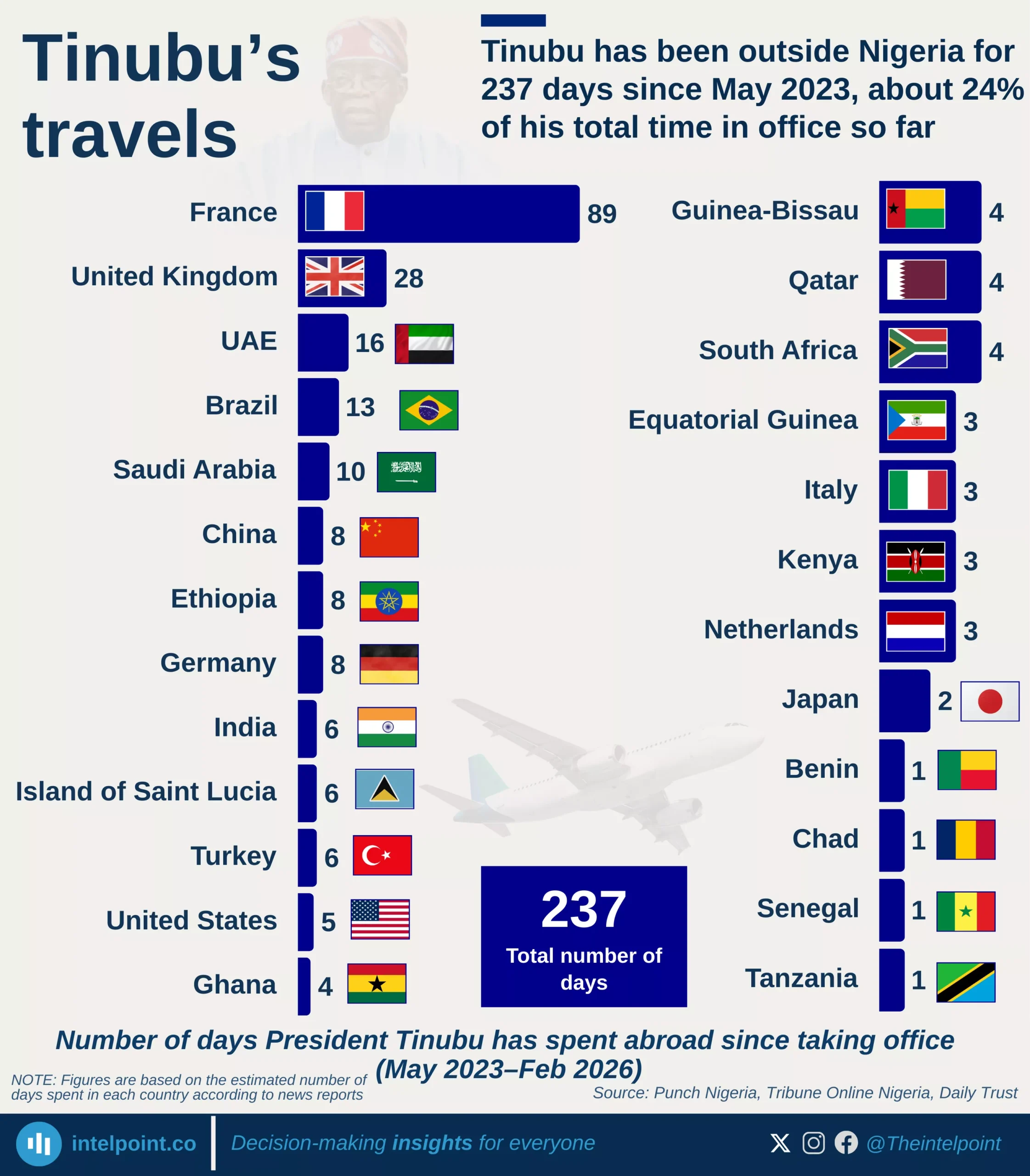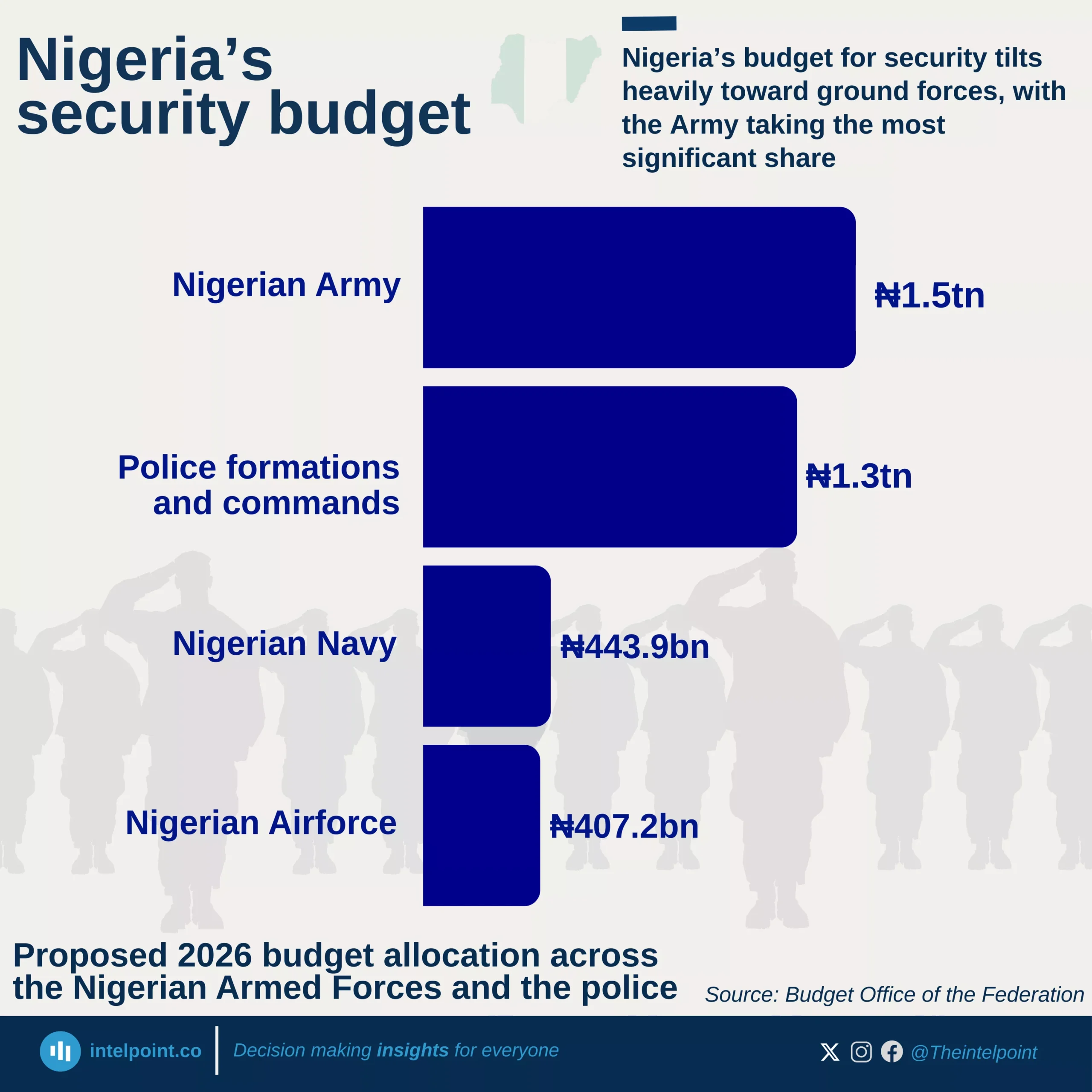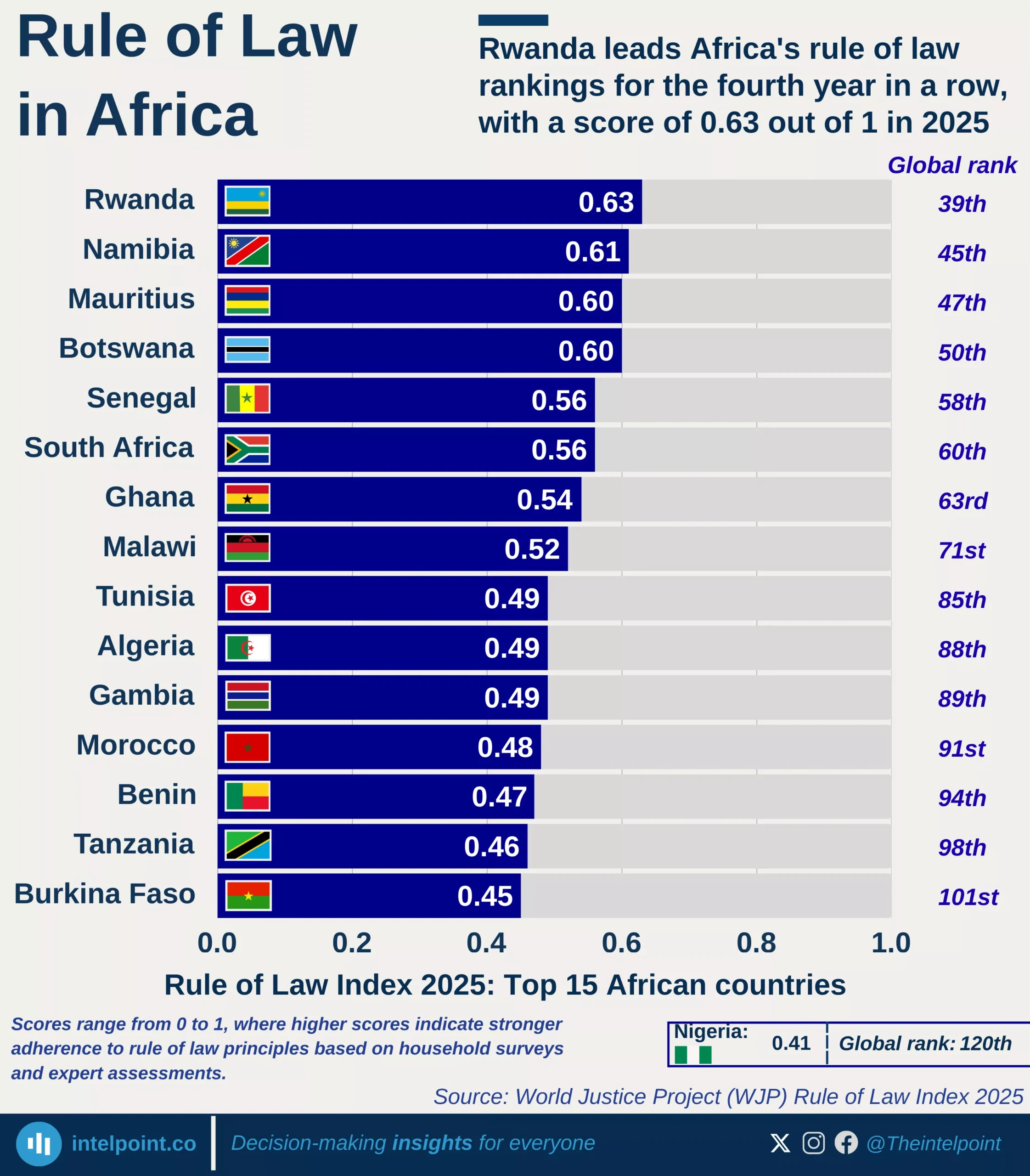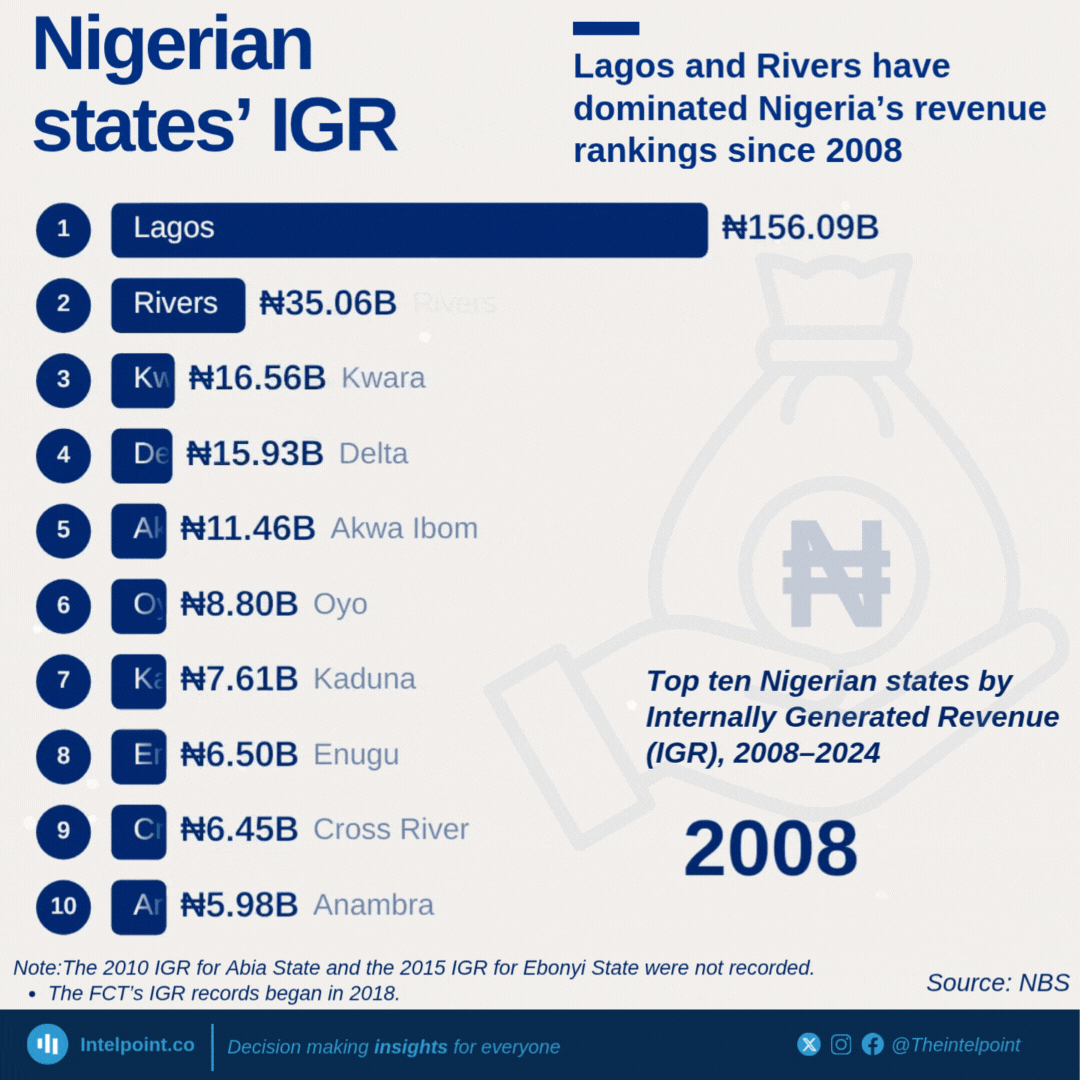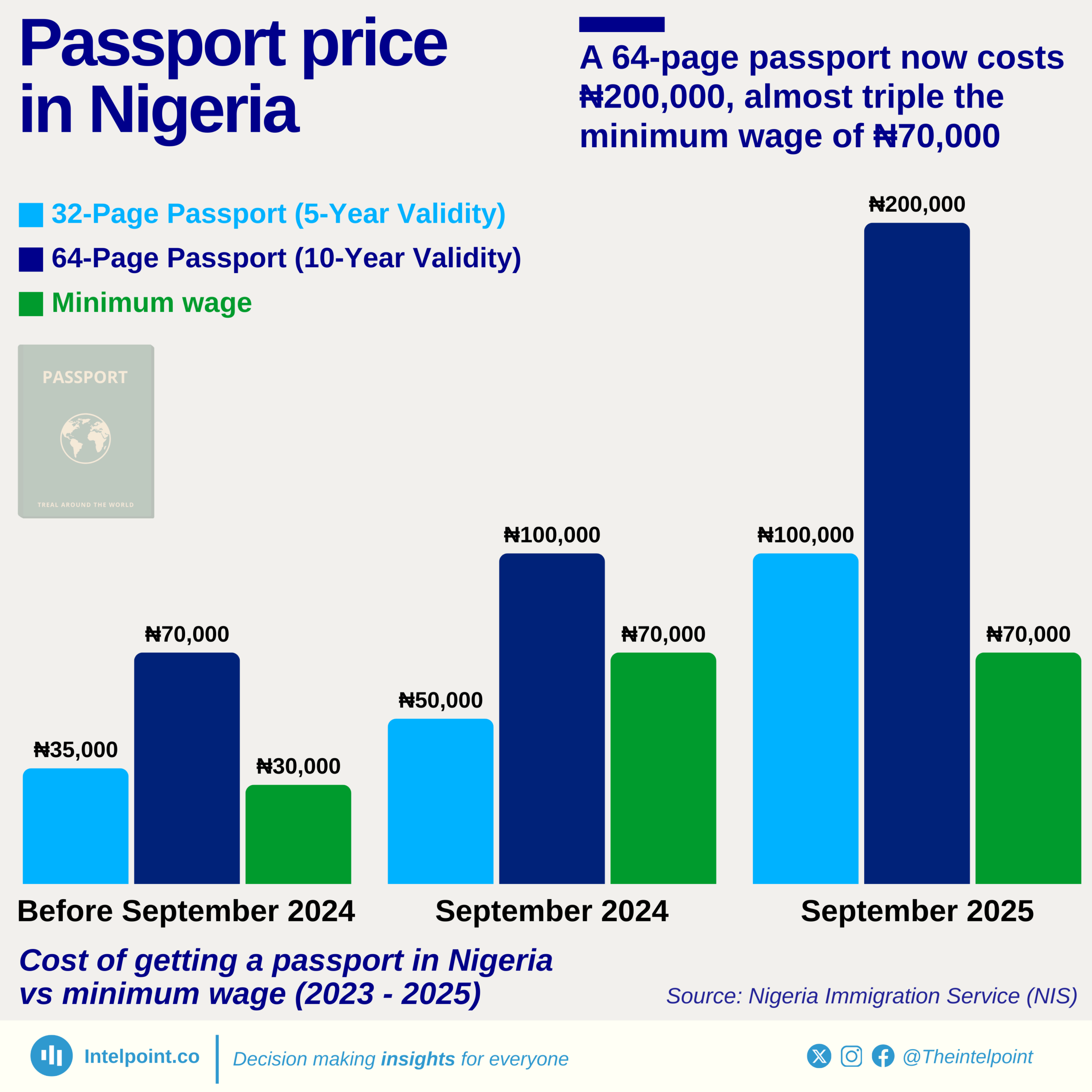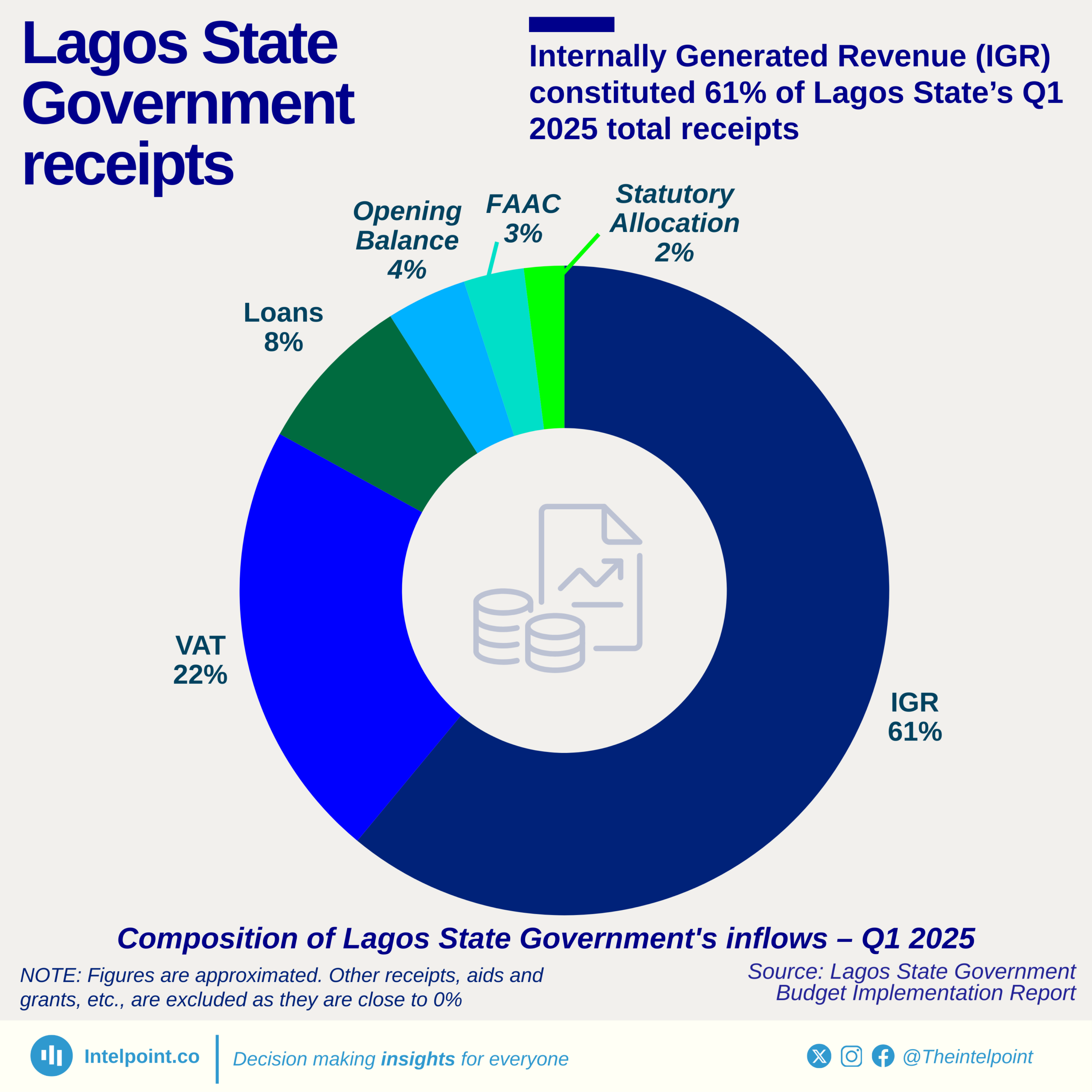The sun sets on a significant chapter in Nigeria's story. As reflection occurs on the life of former President Muhammadu Buhari, it is also a time to consider the economic landscape he navigated and shaped.
Muhammadu Buhari came to power with promises of change, inheriting an economy with its own set of challenges. His time in office left behind a deeply mixed economic legacy, one marked by significant macroeconomic shifts. Over his administration, Nigeria’s inflation rate more than doubled—from 9.0% before his tenure to 22.4% by the end of it. The naira also saw a steep depreciation, with the exchange rate spiraling from ₦192.44 to ₦645.19 per dollar. One of the most visible patterns, however, was the rise in debt: total public debt ballooned from ₦12.6 trillion to ₦87.4 trillion, raising questions about fiscal sustainability amid modest GDP growth.
At the center of this legacy is a weak economic expansion: Nigeria's GDP growth averaged just 1.24% per year between 2015 and 2023. This is particularly telling when placed in the context of growing government budgets and rising trade volumes. Despite increased spending, the GDP trend remained sluggish, and real growth struggled to keep pace with inflation. For everyday Nigerians, this meant higher prices, weaker purchasing power, and limited economic opportunities, even in years when trade and foreign reserves posted impressive numbers.
One notable aspect is the disconnect between inflows and impact. While foreign trade rose, and external reserves peaked at $44.5 billion in 2018, foreign direct investment remained inconsistent, dipping as low as $0.8 billion in 2018 and again in 2022. The rising debt and high inflation may have discouraged long-term investors, despite moments of trade and reserve strength.
Every leader leaves a mark, and President Buhari's economic legacy is etched in these figures, a journey of persistent challenges and earnest efforts. May his soul find eternal rest.
